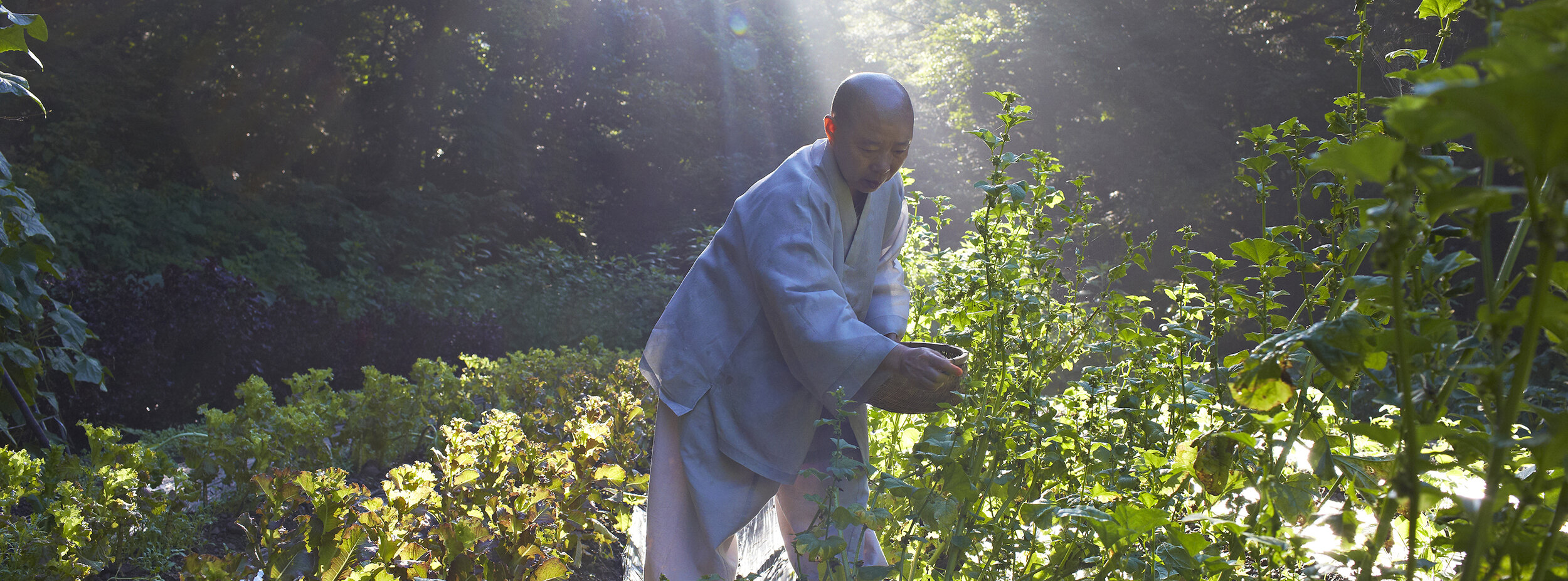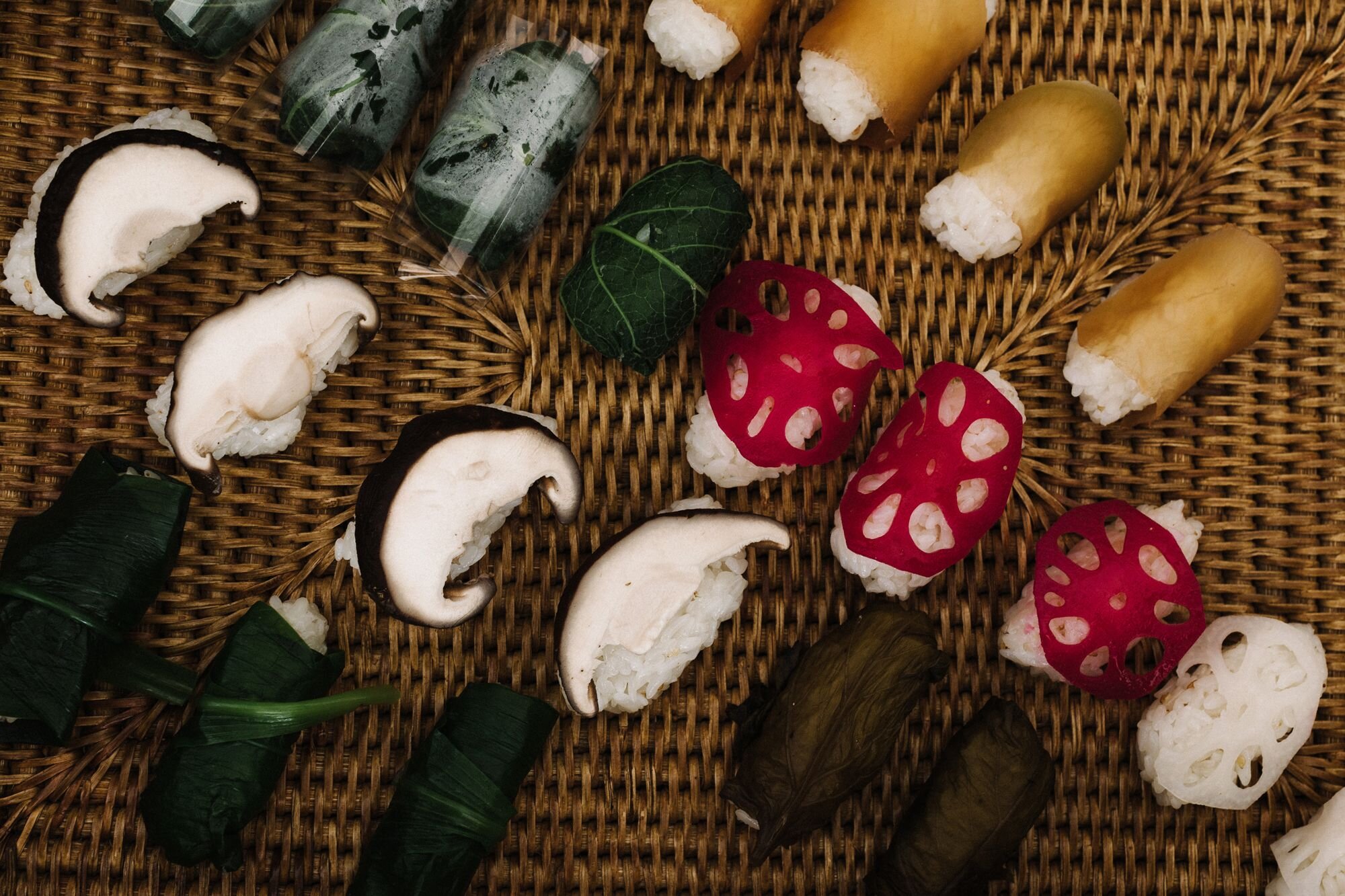JEONG KWAN
Is a Seon Buddhist nun and chef of Korean cuisine. She lives in the Chunjinam Hermitage at the Baegyangsa temple in South Korea, which is located 169 miles south of Seoul, where she cooks for fellow nuns and monks, as well as occasional visitors. She does not own a restaurant and has no formal culinary training. As a Seon Buddhist, she lives on a strictly vegan diet, excluding certain varieties of Allium, and no animal products. She quickly shot into the global limelight when she was featured on an episode of the Netflix series Chef’s Table in 2017.
Using only ingredients that she herself grows in gardens on the temple grounds, she is an expert in fermentation, producing miso and soy sauce as well as Kimchi to incorporate into the meals she cooks. Jeong Kwan has influenced chefs including Mingoo Kang, of the Seoul restaurant Mingles, and René Redzepi, of Noma in Copenhagen. She is friends with Éric Ripert, a fellow Buddhist, who has invited her to New York City to cook for private audiences at Le Bernadin.
Jeong Kwan in her wild garden.
In keeping with her Buddhist philosophy, Jeong Kwan makes every effort to work with nature. From her gardening practices (which we would consider far beyond the status of organic) to her cooking and fermenting. Everything is grown seasonally and treated as such that it celebrates the ingredient for what it is.
Eric Ripert first met Kwan while traveling through Korea. A devout Buddhist himself, the chef was curious about visiting a temple and trying the cuisine. During the episode of Chef’s Table, Ripert remarks: “She’s extremely compassionate. She’s very advanced in Buddhism, and she happens to be a great cook... Jeong Kwan is very spontaneous in her cooking. At the same time she keeps a certain tradition, but she breaks a lot of rules and that makes her very exceptional as a chef.”
Aside from cooking at the temple, Kwan also teaches cooking and food practice to students at a nearby university. Here, Kwan’s classes are more a philosophy lesson and horticultural class rolled into one. It is a cooking demonstration held by a woman who doesn't consider herself a chef. She doesn't push regimented cooking ideas as fine dining chefs would. “I teach because I want the world to be united through healthy and happy food and to thrive together,” she says.
Ripert later invited Kwan to New York, to cook lunch for journalists and food critics. Jeff Gordinier describes the meal: “You would look at these plates, and they could easily have passed for plates served at Noma, at Benu in San Francisco, at Blanca in Brooklyn. Without a link, you could’ve served them at those restaurants, and people would’ve marveled at how beautiful and delicious these dishes were.”
Kwan explains the big difference between temple cuisine and everything else: “Secular food is focused on creating dynamic energy. But temple food keeps a person’s mind calm and static.”
“Soy sauce makes me excited just thinking about it. Every food is recreated by soy sauce. Soybeans, salt, and water, in harmony, through time. It is the basis of seasonings, the foundation. There are sauces aged five years, ten years, aged for one hundred years. These kinds of soy sauces are passed down for generations. They are heirlooms.
If you look into yourself, you see past, present, and future. You see that time revolves endlessly. You can see past from the present. By looking into myself, I see my grandmother, my mother, the elders in the temple, and me. As a result, by making soy sauce, I am reliving the wisdom of my ancestors. I am reliving them. It’s not important who or when. What is important is that I’m doing it in the present.
I use soy sauce, and I acknowledge its importance. It is no longer just me that’s doing things. It’s me in the past, in the present, and even in the future.” - Jeong Kwan.
This quotation in particular struck a chord with me as a fermenter, and reminded me of the Audrey Hepburn quotation, ““To plant a garden is to believe in tomorrow.” For me, to set off a fermentation is to believe in tomorrow.
Lastly, I would like to look at Kwan’s teachings on creativity. As a chef for many years, I have felt immense pressure to be creative at all times. But working as a chef, I often found myself in a highly ego driven environment. On the subject, Kwan has said the following,
“Creativity and ego cannot go together. If you free yourself from the comparing and jealous mind, your creativity opens up endlessly. Just as water springs from a fountain, creativity springs from every moment. You must not be your own obstacle. You must not be owned by the environment you are in. You must own the environment, the phenomenal world around you. You must be able to freely move in and out of your mind. This is being free. There is no way you can’t open up your creativity. There is no ego to speak of. That is my belief.”
Eric Ripert says that he learned a lot from Kwan, both personally and professionally: “It’s about being in the present, respecting ingredients, the planet, making people happy. How to be happy in the process. How to put good energy into the food. It’s all of that. That is the big change in my life. The is the influence of Jeong Kwan.”
Kwan offers a message to the camera at the end of her episode of Chef’s Table: “I make food as a meditation. I am living my life as a monk with a blissful mind and freedom. I wish you a healthy, happy life. Thank you.”
For further reading, please see this New York Times article
Images belong to Netflix, shawellnessclinic.com, multivu.com, pintrest.com, and ice.edu









